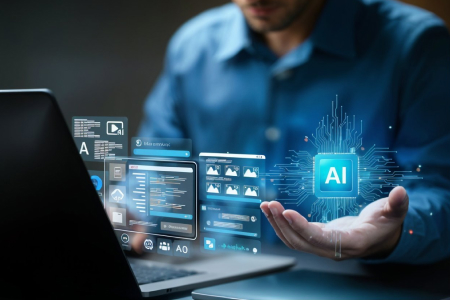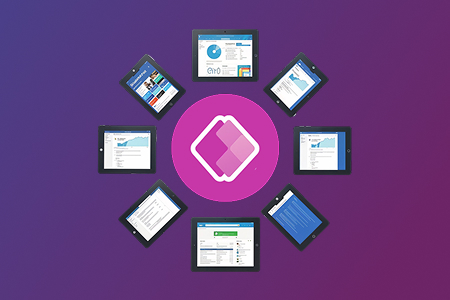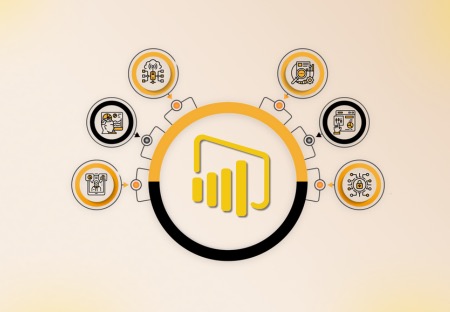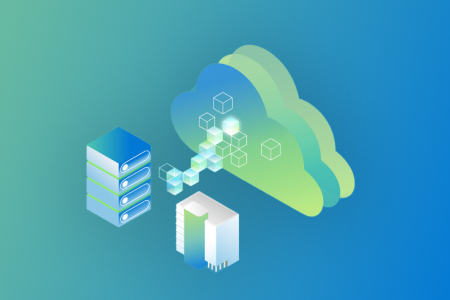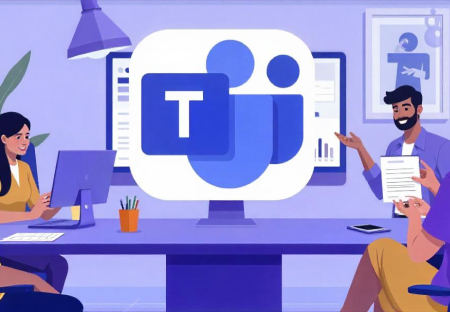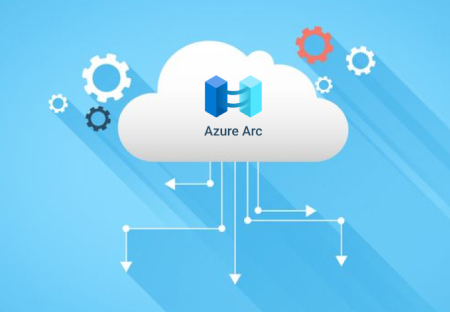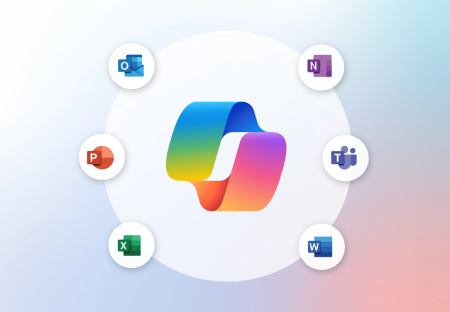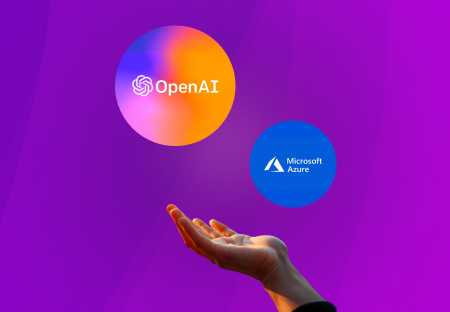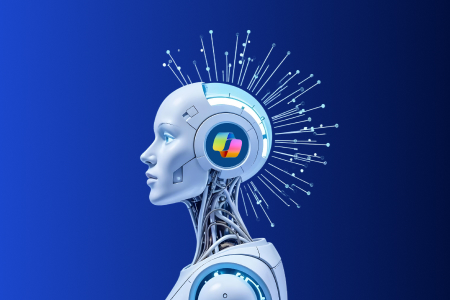Generative AI, a technology that creates new content using machine learning, is poised to become even more transformative by 2025. From revolutionizing industries like healthcare and entertainment to enhancing productivity in businesses, generative AI is expected to redefine how we work, create, and interact with technology.
Let’s dive into the key trends and predictions for generative AI in 2025, exploring its potential to shape the future.
-
Widespread Adoption Across Industries
Generative AI in 2025 is already making waves in sectors like marketing and design. By 2025, industries such as healthcare, finance, and education are expected to adopt it more widely.
- Healthcare: AI will assist in generating personalized treatment plans and enhancing diagnostic accuracy.
- Finance: Predictive models for fraud detection and portfolio management will become more sophisticated.
- Education: Generative AI will create customized learning experiences for students, making education more inclusive.
-
Enhanced Creativity and Content Generation
The creative industries will see a surge in AI-driven tools for generating high-quality content. From automated video editing to AI-generated music and scripts, generative AI will empower creators to scale their work effortlessly.
Businesses will leverage these tools to produce engaging marketing materials, from ads to interactive experiences, at a fraction of the traditional cost and time.
-
Ethical AI and Regulation
As generative AI becomes more powerful, ethical concerns surrounding deepfakes, misinformation, and bias will take center stage. By 2025, we anticipate stricter regulations and ethical frameworks to govern the development and use of AI systems.
Organizations will prioritize transparency and accountability, ensuring AI systems are fair, secure, and aligned with societal values.
-
Real-Time Personalization
Generative AI in 2025 will enhance real-time personalization for users, delivering tailored content, recommendations, and experiences across platforms.
- Ecommerce: Shoppers will experience virtual assistants that curate product suggestions based on preferences and browsing history.
- Entertainment: Streaming platforms will use generative AI to offer highly personalized content, including AI-created series and movies.
-
Integration with Augmented Reality (AR) and Virtual Reality (VR)
The fusion of generative AI with AR and VR will unlock new possibilities in immersive experiences. By 2025:
- Virtual meeting spaces will be enhanced with AI-generated environments.
- Generative AI in 2025 will design virtual objects and worlds for gaming and training simulations.
This integration will transform how we interact with digital spaces, offering unparalleled levels of engagement.
-
Democratization of Generative AI
Advances in user-friendly tools will make generative AI accessible to non-technical users. Small businesses, freelancers, and individuals will harness AI to create high-quality content without extensive technical expertise.
Platforms will provide drag-and-drop functionality, allowing users to generate text, images, videos, and more with ease.
-
Generative AI and Sustainability
Generative AI in 2025 will contribute significantly to sustainability efforts. AI-driven models will optimize resource usage in industries like manufacturing and agriculture.
For example, AI can simulate eco-friendly product designs, reducing waste and promoting sustainability.
-
Collaboration Between Humans and AI
The future of generative AI lies in its ability to complement human creativity rather than replace it. By 2025, AI will serve as a collaborative partner, offering suggestions and automating repetitive tasks while humans focus on strategic and creative aspects.
This partnership will redefine productivity, allowing professionals to achieve more in less time.
Conclusion
As we approach 2025, generative AI is set to become a cornerstone of technological advancement. Its potential to transform industries, enhance creativity, and tackle global challenges is immense. However, the journey also calls for responsible innovation to ensure that generative AI is used ethically and inclusively.
Metaorange Digital specializes in leveraging the latest advancements in AI to help businesses stay ahead of the curve. Connect with us today to explore how generative AI can revolutionize your workflows and drive growth!



